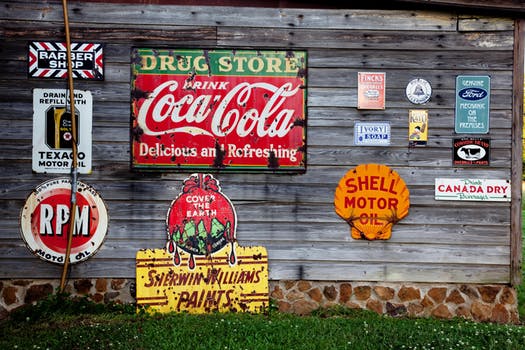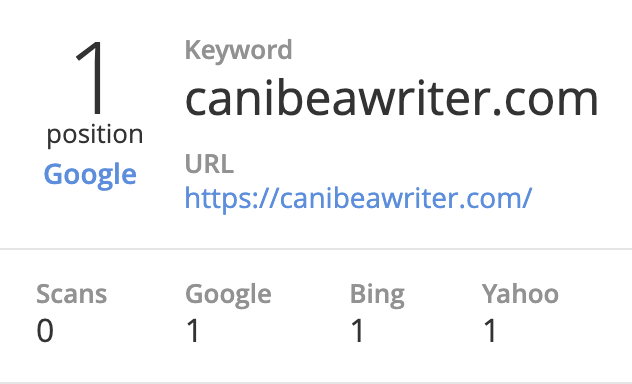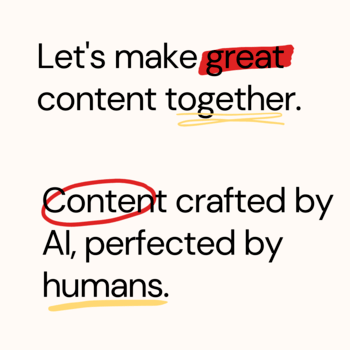The introduction of an essay is the first thing your reader will see. This will pull them in and make them want to read the rest of your article. The introduction needs to be exciting but also simple enough that it can be understood by just about anyone. Here are some tips on how to write a simple introduction.

Topic Introduction and keywords.
Write good content that answers a question or solves a problem; make sure your keywords are relevant to the topic.

Niche topics, on the other hand, can be considered a tiny spot on your site where you create content specifically around a specific type of thing. For example, if you’re a faucet company, you’ll probably have a piece of content around faucet accessories or faucet controls.

You wouldn’t want to claim a single keyword for “faucet system.” It would be too general—and, just like keyword-less content, no one would be searching for it. If you’re creating content to target other categories and sub-topics, make sure you’ve included a specific keyword.

Introduction Titles
Speaking of keyword-less content, a title is your best friend when it comes to indexing your content. So how do you know which keywords to target?
Suppose multiple pieces of content on the same topic are getting indexed or ranking well with the same target keyword. In that case, chances are good that it has the same general topic.
If you’re working on a new page or paragraph, it’ll be wise to make sure it’s comprehensive and includes the target keywords in its title tag.
Helpful tools
You might find these helpful when trying to identify good keyword targets: STAT Search Analytics (Free Edition), Murally Verbosity Unbounce (Turns keyword research into a CRM)
Content
There’s more to writing good content than “create awesome content.” Think on-page topics and have a basic understanding of how your body of work relates to the page content you want to deliver.
Do you have sources for data that go beyond your industry standards? There are plenty of websites that aggregate data in different areas. And bring it together for easy consumption.
In addition, dive into your content and identify common themes. How do those topics stand out? Are the topics a mix of general and curation work? Or is one theme dominant—perhaps “sound practices” and “audit” are your top themes?

Goal: Find out what drives most of the success on your site/page.
Remember:
Content is more than clever headlines, beautiful designs, and perfect grammar. It’s worth the time to throw all of those things away when creating content your audience will actually read. In an age of omnipresent information, people are drowning in it. Take time to see what resonates with your audience.

Proof content is worthwhile (research)
If you build it, they will come—but content marketing is still a young industry. There are no guarantees when it comes to how your content will perform in search, and it lowers your chances of success if you don’t have a personal stake in it. Then try to link to other things using your relevant keywords.

Get to Know Your Audience
One of the best parts of running a strategy of content marketing is you—as the writer, marketer, and general expert in your field—get to know your audience better than anyone else. And that intelligence can prevent you from writing content in the first place.
In today’s Whiteboard Friday, Rand focuses on three ways to know your audience better and create content to connect with them.

Which Pages Should I Write Now?
After you know your audience and have an idea of which types of content will work to attract them, and now it’s time to choose which posts will earn you links and attention.

Here’s the introduction process:
Once we know our audience and how to attract them, we structure the post idea. We go through predefined channels to see which ones are performing well currently and can deliver the best results in terms of links, shares, and traffic.
Once we have our suggested post ideas, we schedule them, so they are ready to go when the content strategy is in place. We use scheduling tools like Buildium to make sure any planned posts are written on time.
After writing the posts, our editing team does a final check to make sure we did everything right. And now it’s time to recruit your writer.

Subjects & Keywords
Choose the topics and keywords relevant to your channel and your audience. Many people need to correct the mistake of writing topics and keywords that don’t relate to the niche they are trying to reach. This strategy is going to fail to work.
And by “they do not relate to the niche they’re trying to reach,” I mean they are irrelevant, at least not for your target audience.

Keywords must be relevant to the niche your post is targeting, which is usually a very specific niche, a person, place, thing, etc. The more specific you can be about the best-suited keywords to target in the topic, the better.
Consider the search volume of that particular topic and what keywords already get you results for a search.

You can also add topic inspiration and who your target audience might be, such as co-workers, family, and random people on the Internet you can find on sites like Followerwonk, StumbleUpon, Twitter, LinkedIn, Tumblr, and so on.
There are a few problems with adding keywords too. Keywords given to tools might be too vague, and they are doubtful to bring your search volume exactly on target.

Brand awareness.
It used to be the case that if you wanted to rank in Google, you needed to create authoritative content that made a ton of buzz. Regardless of anything else, that was enough.
Only the best content would do. Sadly, that mindset has gotten so deeply ingrained in our heads thanks to TV ads, Google’s Knowledge Graph, and online listings that now, even if your current site is doing nothing but moderately well, you still have to have your brand.
Who will link to your content? You know who they’ll link to. How many times will Google return to your page to find more content like it?
Pessimistic SEOs still think that the best way to get discovered by Google is to start creating content that sells a product or service like a lawyer.

This is nonsense.
Suppose you want to increase your internal linking authority, build a fantastic website full of good content, make it useful and valuable, get people to share it, and ultimately increase your site’s ranking. In that case, you don’t need a tangible product or service like aLawyer.com.
Instead, you can do that by taking advantage of Google’s repurposing technology. I’ve shown and shared before how the duplicate content filter makes it possible for Google to identify your website as a source of information only if you create other websites that aggregate the same information. But why not do it EVEN BETTER than that?

Learn, experiment, then try also to build an email list, get feedback from people, and learn from them. Become a student and evermore successful.
Make your content the best in the best league in your field. You can become the world’s most significant information resources provider by starting now and going ahead when Google gets there.
Keyword cannibalization is the real danger today (be back in this post soon!), not low-quality content.
For one, it keeps you from ranking in the organic results and makes you avoid falling into Google’s hands like so many wasps are attracted to honey.

Write your canonical URL for all your page content.
Asite.com/item40 (press Ctrl+?) will write the item40 in the bottom right corner of each page. But a user browsing from /item40 will pick up the canonical URL www.yourwebsitename.com/item40.
By rewriting all those canonical URLs with your own proprietary page naming convention, you can protect your internal linking scheme, thus ensuring that you don’t get PageRank cannibalization penalties:

The PageRank
The penalty can be cured if the Penguin algorithm regards your site as “clean.” The more data a Penguin algorithm is able to fetch and process, the worse it is at picking the best organic URLs.”
Thanks,
Martin
Dear Reader,
Welcome to Can I Be A Writer! We’re so glad you’ve decided to join us on this journey to becoming a better writer.
At Can, I Be A Writer, we provide helpful tips and advice to help you become a better writer. Whether you’re a beginner or an experienced writer, we have something for everyone.
We invite you to stay and learn more about how to write better. We have many topics to explore, from grammar and punctuation to writing techniques and more. We also have a community of writers here to offer support and feedback.
We hope that you stay and learn more about how to write better. Thank you for being part of the Can I Be A Writer community!
Can I be a Writer am passionate about helping beginning bloggers gain the skills and knowledge to succeed. The Can I be a Writer online is a one-stop shop for writing and marketing with everything you will need, including videos of training and support available online. Still, you will get help as an internet entrepreneur, whether a beginner or a pro. Click Here!
Sincerely,
The Can I Be A Writer Team


